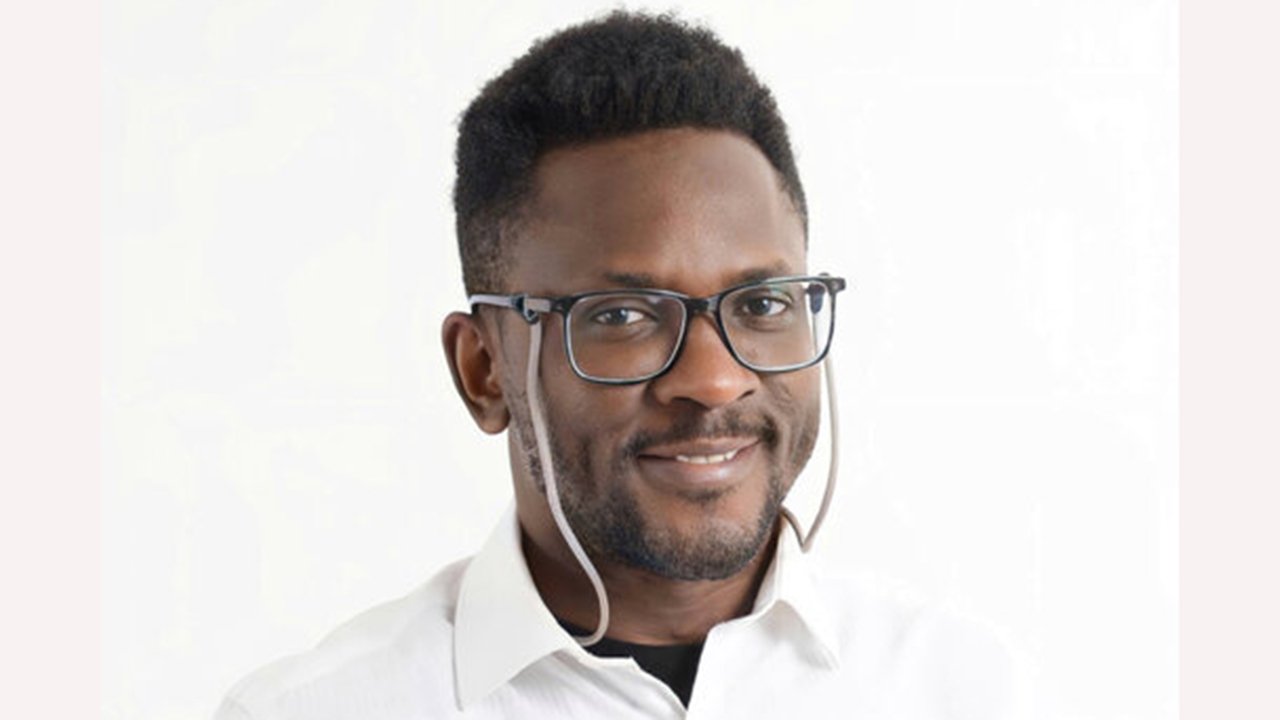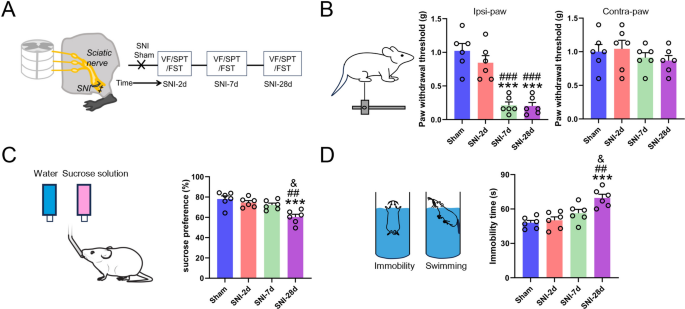Dr. Kennedy Oberhiri Obohwemu, a lecturer at Oxford Brookes University in the UK, has introduced a new theory on stress management called the Self-Comforting Attitude Theory (SCAT). He also developed the Self-Comforting Attitude Scale (SCAS) to assess how individuals perceive and respond to self-soothing behaviors during emotional distress.
Obohwemu’s research has received international attention for its relevance to mental health and human behavior. Published in the peer-reviewed journal Mental Health & Prevention, the study examines emotional resilience through not only behaviors but also mindset and belief systems.
This publication complements Obohwemu’s earlier work, the Self-Comforting and Coping Theory (SCCT) and the Self-Comforting and Coping Scale (SCCS). He explained that his motivation for this research stems from personal experiences, particularly during the COVID-19 lockdowns. Having relocated to the UK just before the pandemic, he faced isolation, financial challenges, and a lack of support. To cope with these pressures, he relied on what he now terms ‘self-comforting.’
Obohwemu emphasized the importance of understanding not only how people cope with stress but also how they think and feel about their coping mechanisms. He noted that perspectives on self-soothing vary; some view it as a sign of weakness while others see it as resilience. This attitude can influence mental health outcomes and the likelihood of individuals seeking help.
His work aims to shift the conversation around coping strategies by incorporating the psychological aspects of self-comforting, which he believes are essential for fostering emotional resilience. Obohwemu’s research is a timely addition to the field of mental health, providing a new framework for understanding how individuals manage stress and emotional pain.



